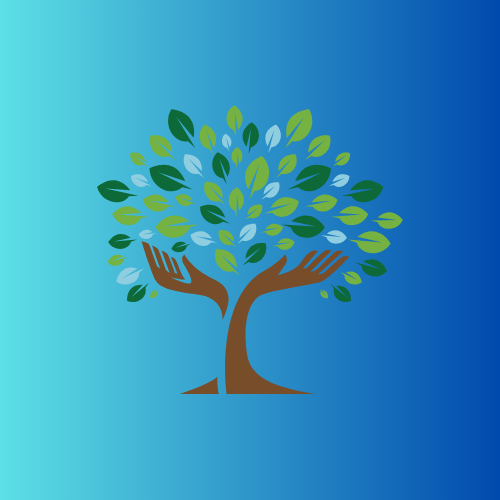
Paradigm Shift
RJ seeks to find common humanity in the punitive system and seeks to delineate between what is retributive and restorative. This provides students the ability to see alternative pathways to addressing conflicts and harms.
Students will explore, research, theorize, and report on the relationship between circle practice, social justice issues, and wellness.

Values and Intentional Growth
As part of our values of intentional growth and development, the RJ DeCal focuses on your journey through navigating the moral issues of life. In the end, the RJ DeCal will give you the tools necessary to live a restorative life and to bring these values to any conflicts or issues that you may be experiencing.


